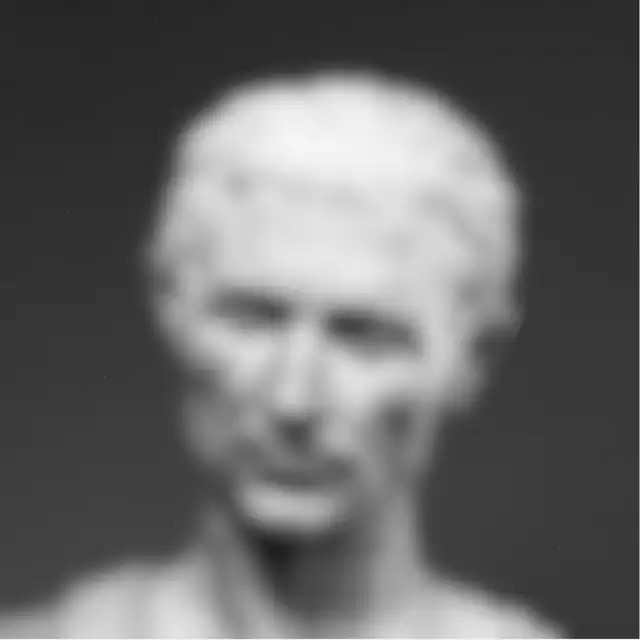4 replies
6 recasts
42 reactions

The both are sort of the epitome of their times -- the ultimate defining moments of their era. While Nasreddin lived during the Seljuk times, it is evident that he became mythical almost during the Ottoman times, as a sort of symbolism of Anatolian Wisdom, of pre-Ottoman times and integration into Ottoman Folklore (Ottoman Empire started around after his death)
With Basho, it was at the time of Iemitsu Tokugawa. Interesting enough, this is the 3rd shogunate. So in that context, it wasn't so long after Ieyasu Tokugawa comes into power (the beginning of the 17th century) the prosperity of the Edo period is just starting, and aesthetics are just being formed for the first time in a relatively peaceful period (unseen in Japan for decades before this, as it was the warring states period)
So there is both this luck, in a way, of being at the beginning of subsequent periods (Edo Period, Ottoman Empire period) and becoming almost folklore, by becoming the standard compete against, culturally speaking 2 replies
0 recast
14 reactions
1 reply
0 recast
1 reaction
1 reply
1 recast
1 reaction
1 reply
0 recast
1 reaction
1 reply
0 recast
1 reaction